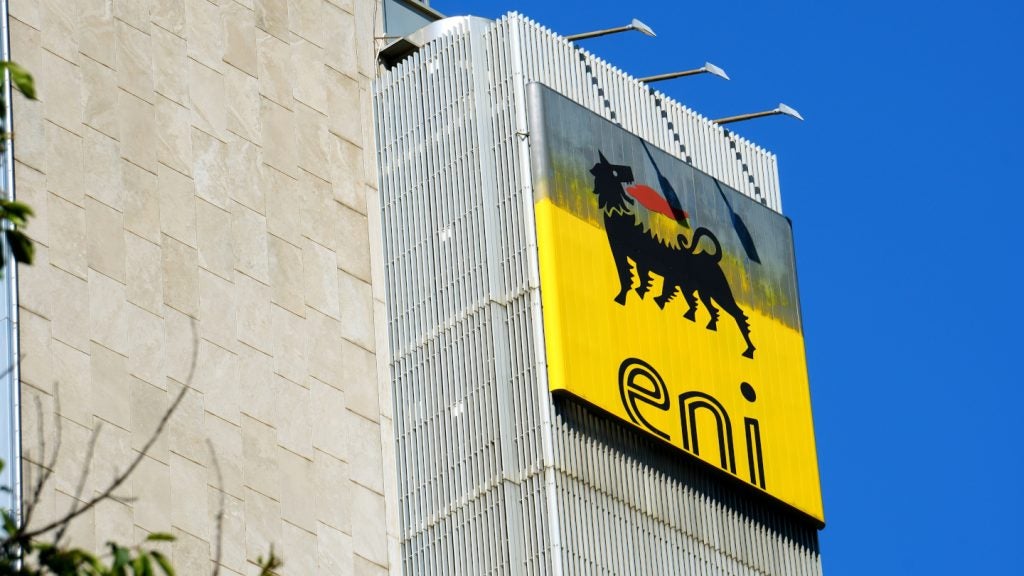The Canada-Nova Scotia Offshore Petroleum Board (CNSOPB) has conditionally approved Shell Canada’s proposal to resume drilling in waters off Nova Scotia at its Cheshire L-97 exploration well.
Drilling was halted on 5 March following an operations incident on the Stena IceMAX drillship.
The riser accidentally dropped to the seafloor after it secured the exploration well with two barriers and disconnecting to ride out heavy weather.
Following the incident, no injuries were reported and no well fluids or synthetic oil-based drilling fluids were spilled to the environment.
Prior to announcing the decision, the regulator’s review confirmed that the Stena IceMAX crew prepared for heavy weather in the days leading up to the incident by suspending drilling.
How well do you really know your competitors?
Access the most comprehensive Company Profiles on the market, powered by GlobalData. Save hours of research. Gain competitive edge.

Thank you!
Your download email will arrive shortly
Not ready to buy yet? Download a free sample
We are confident about the unique quality of our Company Profiles. However, we want you to make the most beneficial decision for your business, so we offer a free sample that you can download by submitting the below form
By GlobalDataThe crew also installed two barriers to secure the well and displace drilling fluids in the riser to seawater.
The incident occurred due to the vessel’s heave and the inability of the riser tensioner system to compensate for the difference in movement between them, as well as with the riser anti-recoil system (RARS) being inactive.
Aberdeen Drilling Management (ADM) worked with the CNSOPB to review the incident, work procedures, and to submit an investigation report and an assurance plan needed from Shell Canada for the regulator to determine whether drilling can be safely resumed.
CNSOPB CEO Stuart Pinks said: "We are satisfied that the cause of the incident has been properly determined and that appropriate corrective actions have been taken so that drilling may resume safely.
"As an additional safeguard, the CNSOPB has introduced a condition further tightening operating limits under which drilling may occur."
Until the regulator completes further reviews, Shell Canada is required to lower its well disconnect criteria on the Stena IceMax based on vessel heave of 8m from the previous 8m.







